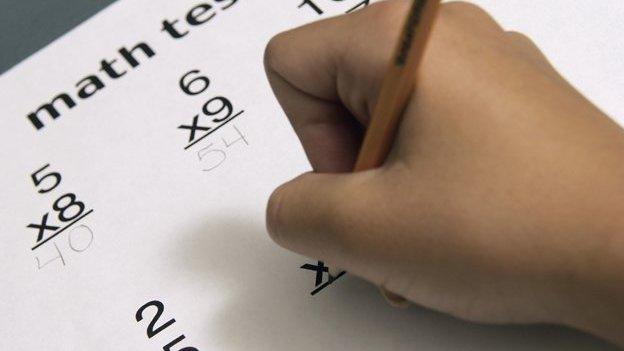Why politicians shouldn't do quizzes
- Published
Zac Goldsmith answers questions from the BBC's Norman Smith in a London cab
This week, Zac Goldsmith and Sadiq Khan both flunked questions on a quiz about London - the city they hope to become mayor of in May. It's not the first time a politician has stumbled in this way. But does a politician's general knowledge really matter?
Conservative candidate Mr Goldsmith was sitting in the back of a black cab driven by BBC assistant political editor Norman Smith when he hit a stumbling block.
He did not know where Queens Park Rangers played or which Tube station came after Tottenham Court Road on the Central Line. Similarly, Labour's Mr Khan failed to name London's oldest museum (it's the British Museum) offering only "the history museum" as an answer - though he got the other questions right.
And they were not alone in flunking the questions set by the Victoria Derbyshire programme. Green candidate Sian Berry scored two out of four and Lib Dem Caroline Pidgeon got three right. In fact, UKIP's Peter Whittle was the only candidate to score an impressive full house.
So who are the other politicians to make similar slip ups? And which subjects are most likely to catch them out?

Bad sports
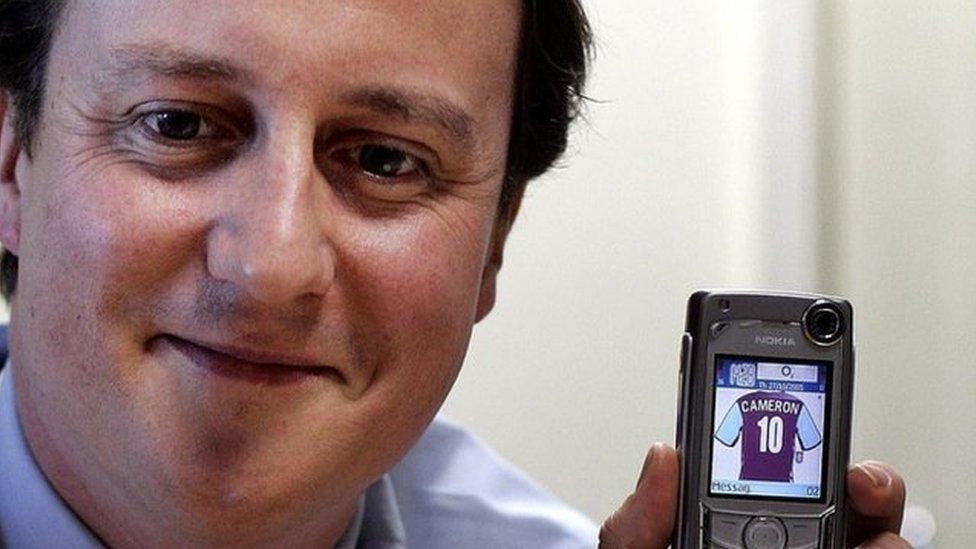
David Cameron, pictured in 2005, blamed his misstep on a temporary "brain fade"
The most notorious incident of a sporting slip-up was David Cameron's proclamation of support for West Ham, when he had always previously said he was a fan of Aston Villa, who also play in claret and blue.
Ex-sports minister Helen Grant scored an unfortunate zero out of five when she was quizzed by ITV, external on head-scratchers including the identity of the Wimbledon Ladies' champion and the FA Cup holders.
Labour's Luciana Berger, who represents Liverpool Wavertree, did not endear herself to Liverpudlians when she revealed she didn't know who Bill Shankly - Liverpool FC's legendary manager - was, external. She then made the situation worse by claiming she should not have been asked a football question because she's a woman.

Getting lost
Ed Miliband on Swindon
Whether it's getting your Tyneside and your Teesside confused or not being entirely sure where you're campaigning, politicians have often found their geography lacking.
Ed Miliband couldn't remember the name of the Labour leader on Swindon Council in an interview with BBC Radio Wiltshire.
Boris Johnson failed to name the Conservative candidate in the 2014 Clacton by-election and Conservative MP David Burrowes accidentally canvassed in the wrong constituency - only realising he was in Edmonton rather than Enfield South after knocking on the door of the wife of the then Labour MP Andy Love.
It doesn't end there. Conservative Chloe Smith referred to Sunderland as "near Bolton" - when it's 142 miles away. Labour's Helen Goodman got her Ingletons mixed up, and Chuka Umunna mistakenly referred to Worcester as "Wichita".
But perhaps the finest compass malfunction of all was that which befell Jersey Constable Steve Pallett when he flew to the wrong country entirely, landing in Budapest, Hungary, instead of Bucharest, Romania.

Shopping flops
Boris Johnson: "Well there you go, I don't know how much a pint of milk costs - so what?"
It's also generally inadvisable for politicians to share what's in their shopping basket - despite Margaret Thatcher famously wielding hers to demonstrate consumers' dwindling spending power before the 1979 election.
Ed Miliband was accused of underestimating the cost of his weekly groceries bill when he told ITV his family "probably spends £70, £80 a week" on the weekly shop.
Mr Johnson was bullish after admitting he didn't know the price of a pint of milk, saying to Jeremy Paxman: "So what?"
The prime minister was also given a hard time in 2012 when he claimed to have bought a pasty from a shop in Leeds station which had shut down several years ago.

Fear of all sums
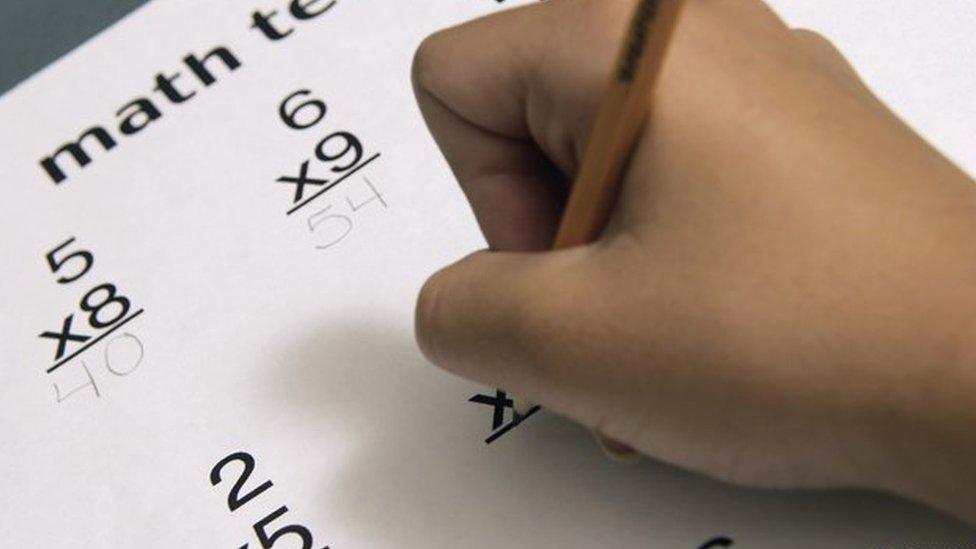
After geography, maths is surely one of politicians' least favourite subjects.
Specifically times tables, with Chancellor George Osborne refusing to answer "what's seven times eight?" on Sky News.
He was probably mindful of the ridicule faced by Labour schools minister Stephen Byers in 1998 when he incorrectly worked out that the same multiplication came to 54 (the correct answer is 56).
Education Secretary Nicky Morgan balked more recently at being asked to calculate 11 x 12.
But Mike Ellicock, of the National Numeracy project, says while times tables are important it should be part of a wider effort to teach the techniques and understanding of this and other aspects of maths.
"When you put people on the spot and ask quick questions, it creates a physiological response," he says. "Pupils dilate and the heart rate rises, as people are waiting for you to get it wrong. We need a different approach."

The questions politicians dread

Questioning a politician "can often be a bit like feeding a horse straw," says BBC assistant political editor Norman Smith. "They can chew it over and over for a vast amount of time without even blinking.
"What they dread are the simple bread-and-butter, "price of a pint of milk" style questions. Why? Well, its very hard to prepare for them. Second, there's no scope to hide in a thicket of waffle.
"But it's not just a question of placing the politician on the spot. In one question you can learn much more about a politician than any number of queries about their views on the economy or global warming. It gives you a sense of the person; what he or she knows about people's everyday lives.
"Are they the sort of person who catches the Tube, watches EastEnders, or supports their local team?
"Now, no-one expects them to get them all correct but even the way they answer can be revealing. Better to admit you haven't a clue than to fluster and bluster.
"Is it unfair? I don't think so - if the questions are reasonably judged and the sort of thing you might expect your neighbours or work colleagues to get.
"And in the era of the professional politician I would suggest these questions matter more than ever."

Are they fair questions?
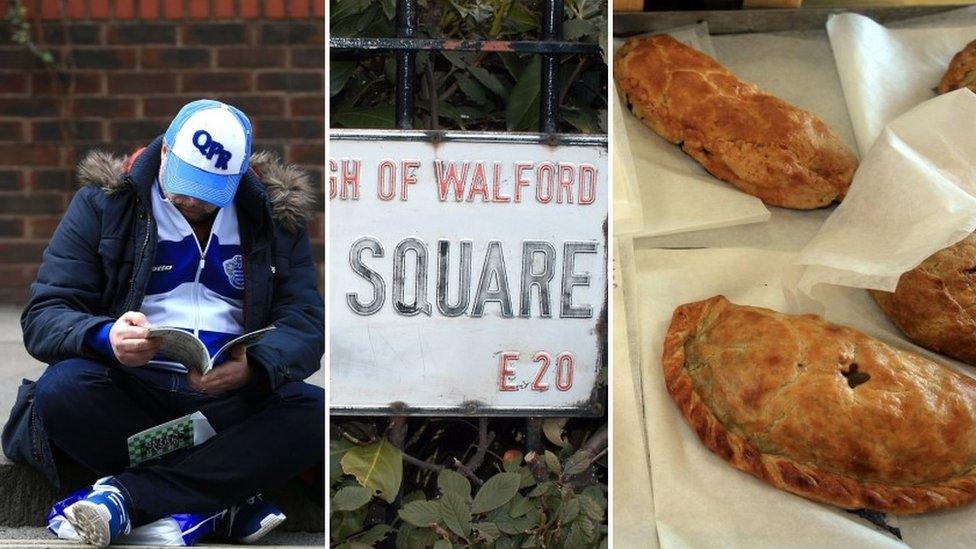
QPR, Albert Square and Cornish pasties are just a few of the things you should consider familiarising yourself with for a career in politics
But should all of the answers be on the tip of an MP's tongue?
Sean Kemp, former special adviser to Nick Clegg, says: "When someone is being grilled on topics outside their policy areas you can guess certain things are coming like the price of petrol or the price of milk, but in any broader interview it's difficult to anticipate what's coming because the range is so big.
"It's slightly unfair really. You could easily think why should I pretend to be interested in football or Strictly Come Dancing if I'm not?"
He adds that asking a candidate to be conversant with every football ground in London could actually be damaging to their campaign.
"If someone can name every cast member of EastEnders, what does that say about his ability to be mayor? Nothing. And is briefing him on it really a good use of his abilities and time?"
He recalls that during the furore over the 2011 Budget, he was tasked with asking various Cabinet members when was the last time they had eaten a pasty or a sausage roll - "one of the more surreal experiences of my career".
Mr Kemp suggests politicians might win more fans if they play it straight and simply admit they don't know, or care.
The message, then, to candidates is something along the lines of: wisest is he who knows that his wisdom is worth nothing. Just don't try to answer who said that.
More information on who's standing in the mayoral and London Assembly elections., external
- Published4 April 2016
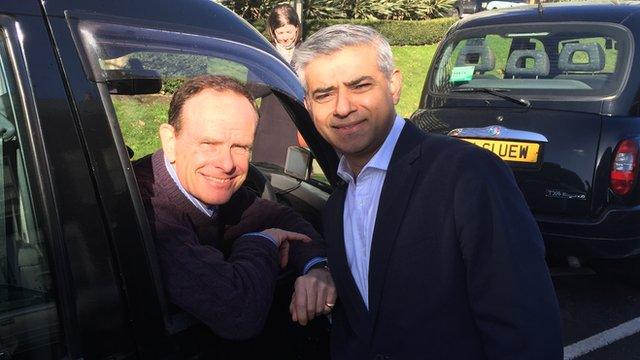
- Published6 April 2016
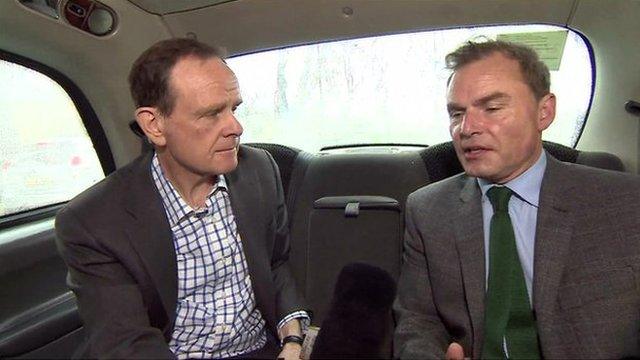
- Published7 April 2016
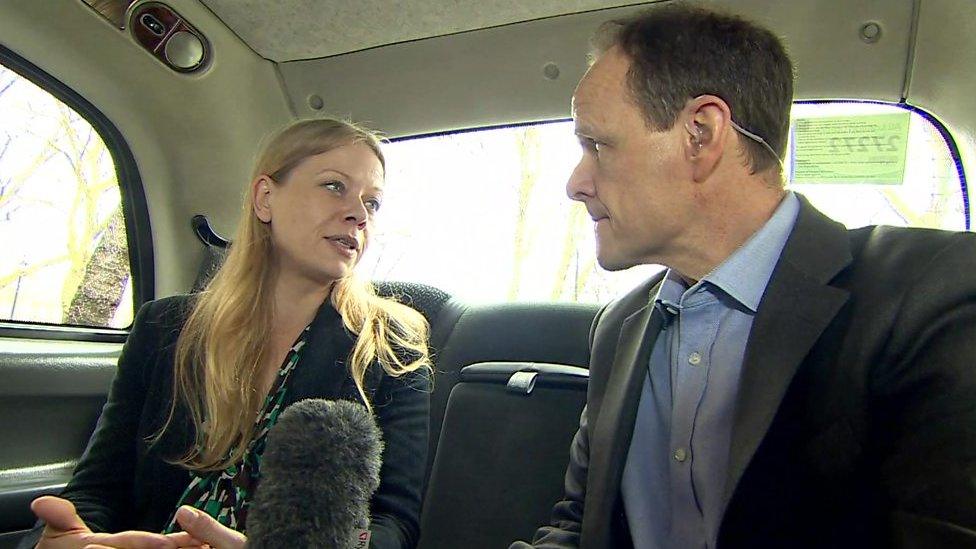
- Published8 April 2016
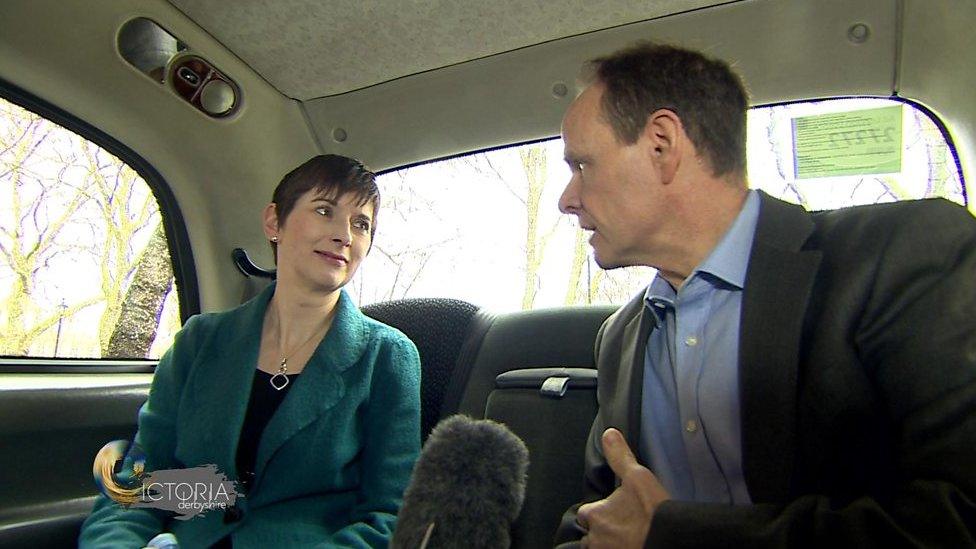
- Published24 April 2012

- Published3 July 2014
